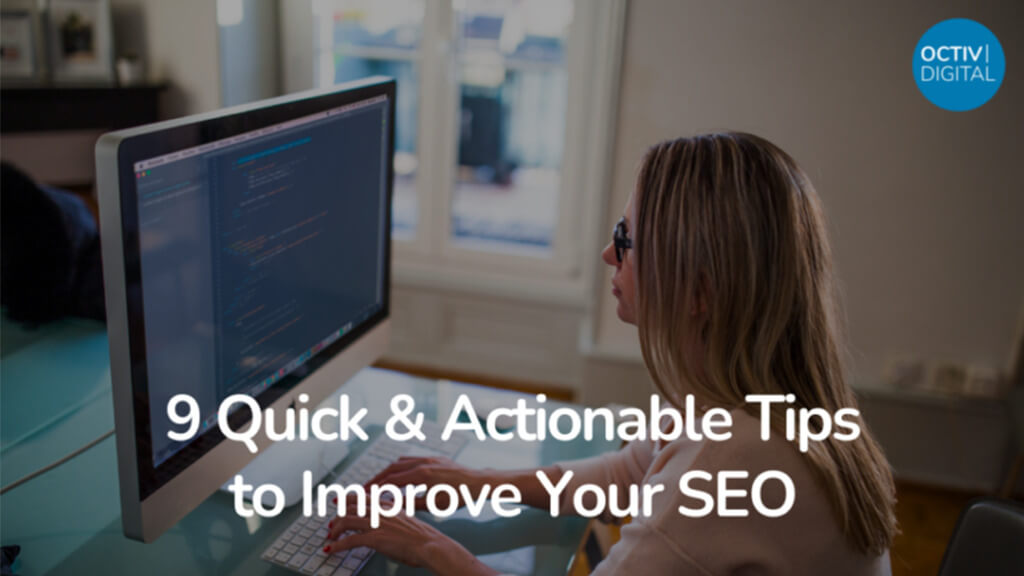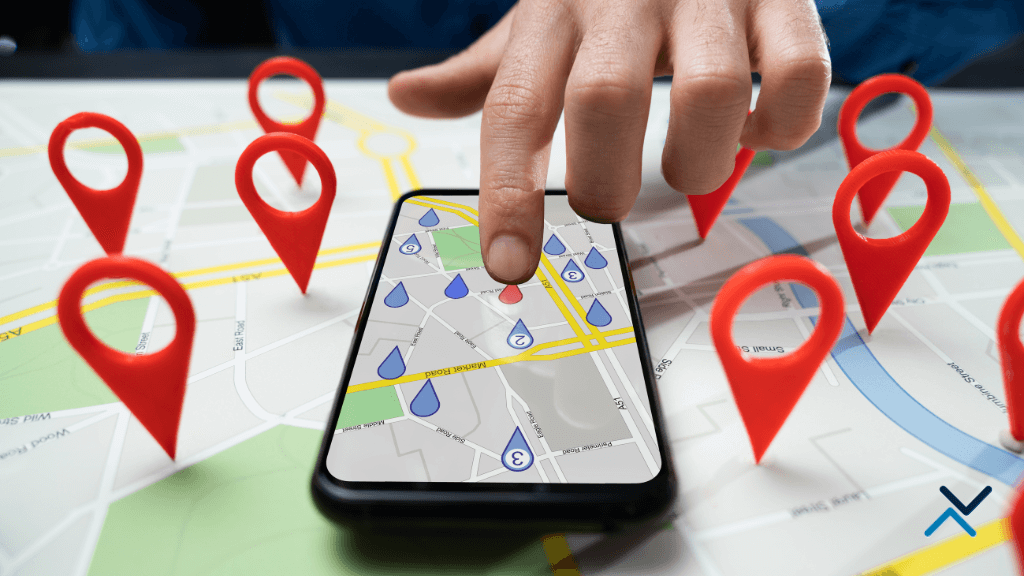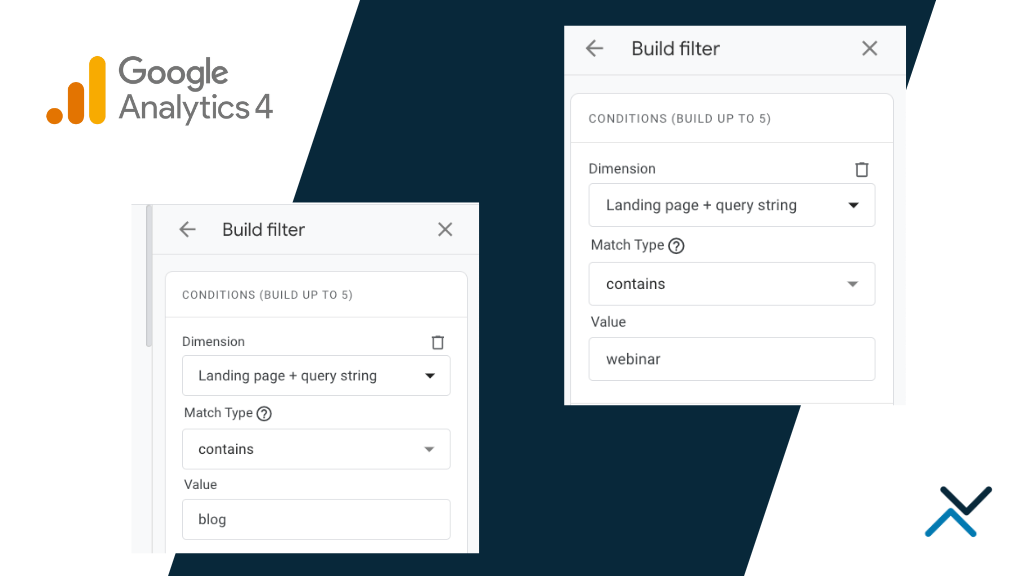Establishing a solid online presence can make a difference in generating new leads for your business, particularly in this digital era. SEO has emerged as one of the best strategies for boosting your online visibility. Regrettably, many businesses do not get it right on this front, and they end up going round in circles or failing terribly.
Fortunately, this does not have to be you. We have a few quick and actionable tips you can use to improve your SEO and enhance your online presence.
1. Speed Up Your Website
Loading times can make or break your SEO efforts. A slow-loading page can be frustrating to visitors, leading to high drop-offs and bounce rates as readers opt for your competitors. Reducing loading time and speeding things up can guarantee your prospects an exceptional browsing experience whenever they visit your website.
After all, web users want to access data upfront and navigate from page to page seamlessly without unnecessary delays. Even if you have rich content, no one will bother to visit your site if it is agonizingly slow. The ideal loading time should be about 3 seconds max. For every second more than this, you can expect your bounce rate to jump.
Major search engines like Google consider loading speed a significant SEO factor. If your site is fast and easy to navigate, it’s just a matter of time before you scale up the rankings.
You can start speeding up your site by:
- Deactivating unnecessary plugins (for WordPress sites)
- Using heavy graphics sparingly
- Freeing your sidebars to improve site efficiency
- Minimizing external scripts
- Reducing HTTP requests
2. Link to Authority Sites
There has been a massive debate about whether linking to an external authority site improves your rankings. Well, linking to high-authority domains within your niche is an age-old SEO practice that will not end anytime soon. Even though it does not directly help your site rank better, it improves your credibility and gives readers of your site a place to go for more information. For example, financial advice websites often quote statistics from Investopedia or ValuePenguin and link to them accordingly. It helps the user and is seen as a best practice.
The internet is awash with information, most of which is unverifiable. Outbound links to an authority site can demonstrate to your visitors that your content is factual and trustworthy. They back up your data by linking to authoritative sources.
The links can also help add context to your content, effectively letting Google and other search engines understand your website better. Link building with relevant posts remains a beneficial SEO strategy for people who are keen on increasing their online presence.
3. Use Web Analytics to Optimize
If you are struggling to improve your SEO with no success in sight, consider using web analytics. Tools like Google Analytics or Adobe Analytics can give you the information you need to improve the SEO of your site’s pages.
Web analytics is the process of analyzing your website to improve its performance. It monitors your visitors and gathers relevant insights based on their behaviors that you can use to improve your site.
Web analytics for SEO covers critical business metrics such as:
- Bounce rates – Analyzes how fast and how frequent users exit your website
- Dwell time – Checks how much time visitors spend on your website
- Scroll depth – Denotes how far visitors scroll down your site
- Broken links – Checks faulty inbound and outbound links
- Transitions – Analyzes how users navigate from page to page
- Site searches – Checks how many times visitors use the search function
If you’re not already optimizing your pages with the help of analytics software and Google Search Console, you need to start right away.
4. Take Advantage of Social Media
With the emergence of platforms like Facebook, Instagram, and Twitter, you can’t underestimate the impact of social media on SEO. If anything, most entrepreneurs are running to social media channels to promote their products and services and scout for prospects.
Even though social media does not directly contribute to improved site rankings, you can use it to share your links and increase brand awareness. With the right audience, social media platforms can be ideal for extensive content distribution. They get the word out since posts last for long and reach a wider audience.
That’s not all though. You can open a business page and ask your loyal followers for reviews to help attract new customers and build organic traffic to your site. Increased organic traffic from social media platforms helps improve SEO and positively affects your Google rankings.
5. Provide Valuable Solutions
Maybe you have wondered why blogs and directories consistently rank high on search engine results pages.
Well, here is the reason.
Sites with current and updated content usually attract a higher ranking than old static content. When web users come to your site, they are searching for answers and hope you can help solve their issues. You can only maintain your audience if you continue showering them with current, evergreen, informative content, effectively improving your SEO in the long term.
Try to thoroughly cover a topic in your pages and blog posts. Start with topic research and understand what kinds of questions users are asking, then address them with the appropriate content.
6. Create Easy-to-Read Content
Readability is another factor to consider if you want to improve your SEO. Not everyone who comes to your site is an expert, so you should tone down the jargon.
A piece of content that’s easy to read improves user experience, and your visitors are more likely to browse the other pages. They are also likely to like and share your content if they feel it offers value to their friends, consequently improving your SEO.
7. Add Internal Links Logically
You can’t go wrong by adding internal links to other relevant pages on your site. They assist your visitors in navigating your site seamlessly without dropping off, and they are incredibly beneficial for search engines. While you can experience issues with external links, you can control everything about your internal links including their destination and anchor text.
Strategic use of internal links will help your audience find what they are looking for quickly, preventing them from searching for alternative solutions from your competitors.
8. Optimize Your Site For Mobile
You should optimize your website for mobile if you haven’t done so already. After all, most users access the web through smartphones and mobile devices.
Optimizing your site for mobile entails limiting the indiscriminate use of JavaScript in web design to improve performance on mobile phones. If your website is not mobile-friendly, be aware that your SEO efforts are significantly compromised.
Additionally, optimize the mobile version of your site to be as fast as possible. Mobile users expect a site to load quickly and you may see a loss of traffic if your site is heavy in scripts, images and other code elements.
9. Use Relevant Keywords Appropriately
Use keywords appropriately in the page titles, domain names, meta descriptions, taglines, and page content to improve your SEO. Although SEO is largely driven by topics now and not keywords, it’s still important to conduct thorough keyword research. This research lends itself to how you will build out content on your site.
When it comes to your SERP presence, your page titles should be precise and catchy to attract more visitors to your site and help Google pick it up. Users should be able to quickly identify your product or service directly from search results.
Other Considerations
Improving your SEO does not have to be complicated if you adhere to the rules and follow best practices. Google changes things all of the time and it’s important for you to constantly improve your SEO. However, if you’re like most business owners we work with, you’re likely tied up in the day-to-day functions of your business and not working on content or SEO-related things. That’s where we come into the equation. If this sounds like your current situation, contact us for a free SEO audit and recommendations today.









